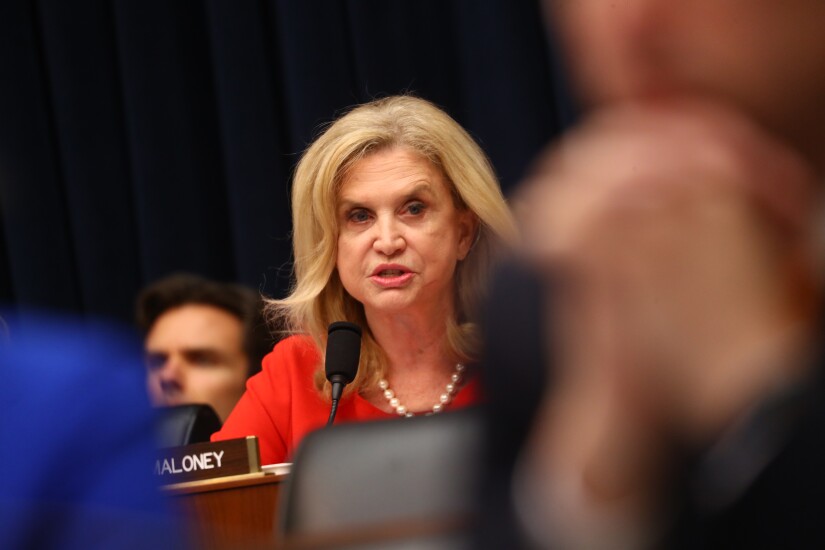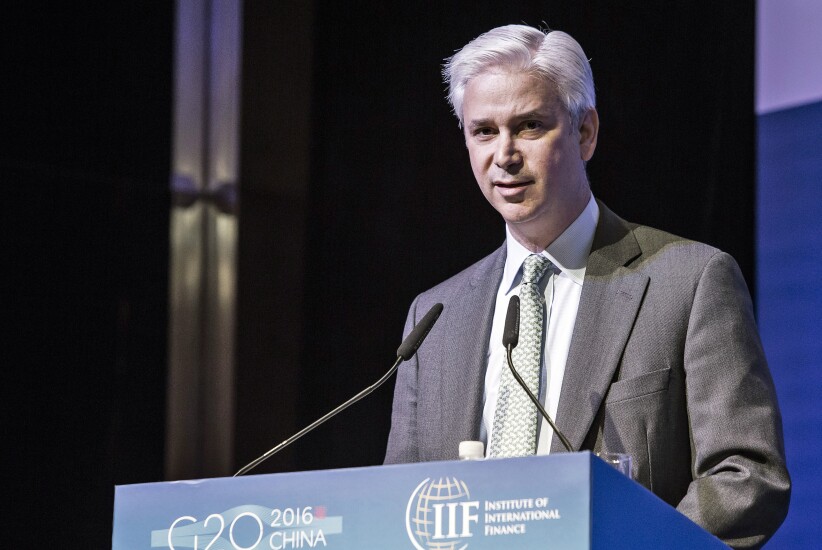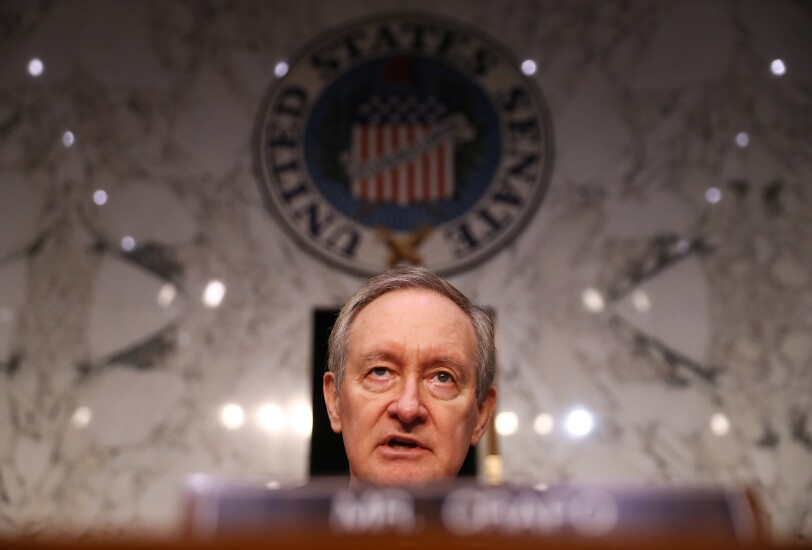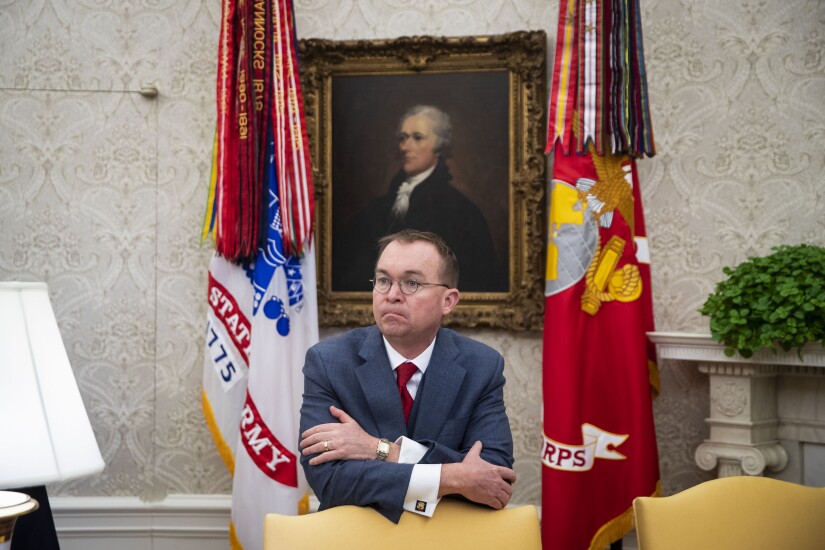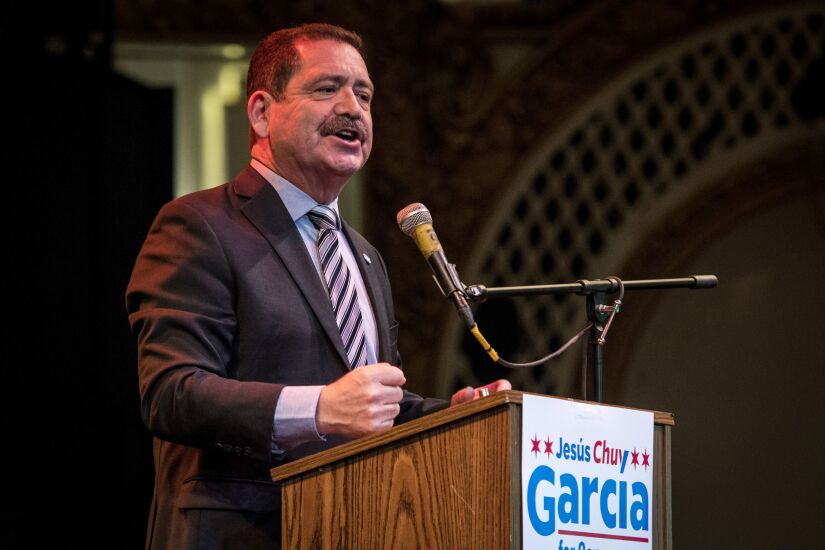WASHINGTON — With both an election looming along with the prospect of a Senate impeachment trial, the window for Congress to pass any banking-related legislation next year will be extremely tight.
Still, some observers say banking issues will be on the agenda at least in the House, particularly when it comes to Democrats' scrutiny of industry executives and oversight of Trump administration regulators.
In an interview, House Financial Services Committee Chairwoman Maxine Waters, D-Calif., said the panel will continue to shine a bright light on Trump administration changes to agencies such as the Consumer Financial Protection Bureau and the management of large banks such as Wells Fargo, while also highlighting concerns about cryptocurrency and private equity.
“We are going to be paying a lot of attention to the Consumer Financial Protection Bureau, which was organized when we did the Dodd-Frank reforms,” Waters said.
She said the agency "has been undermined" by Director Kathy Kraninger and former acting Director Mick Mulvaney.
"They never liked it ... even though we had discovered, when we did those reforms, that consumers were not being taken care of by anybody.”
The legislative branch will go into the new year with major policy issues unresolved, such as reform of the government-sponsored enterprises, obstacles to banks serving marijuana businesses in states where the substance is legal and how to combat the money laundering risk of shell companies opening bank accounts.
Analysts agree that Democrats' primary focus will be on oversight, but they note that the House could still try to advance some financial services bills next year.
“I think in the first half of next year, we are going to see some movement on politically palatable messaging bills out of the House,” said Isaac Boltansky, director of policy research at Compass Point Research & Trading. “We’ll probably have a couple housing hearings, we will have oversight of [the administration’s Community Reinvestment Act] proposal, things like that.”
Legislative efforts in the Senate are even less certain after Banking Committee Chairman Mike Crapo, R-Idaho, in December
Here are the key legislative issues for banks to watch in 2020.
